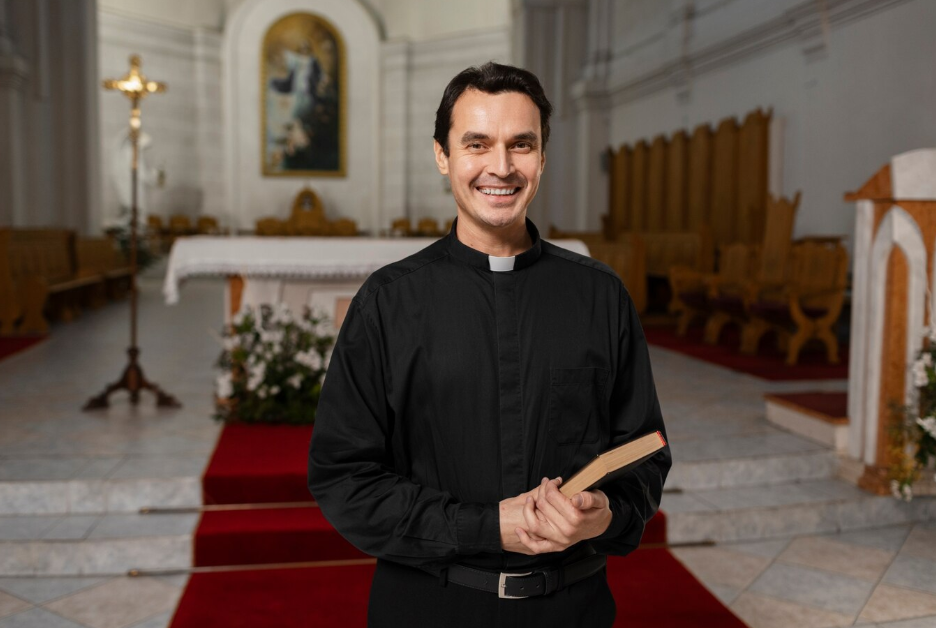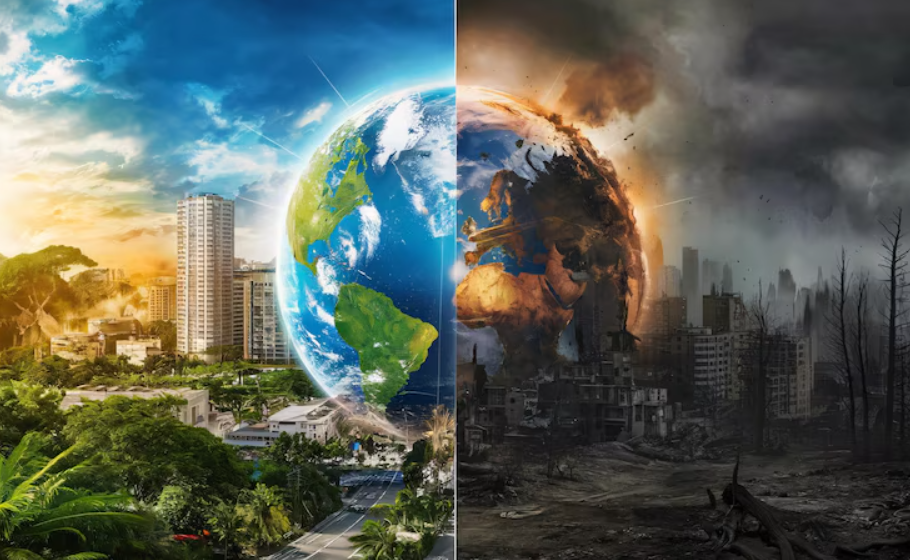Makurdi, Benue State — A wave of brutal attacks in Benue State has left over 100 Christians dead in May 2025, prompting strong condemnation from religious leaders and human rights organizations. Bishop Wilfred Anagbe of the Catholic Diocese of Makurdi has described the killings as a form of “genocide”, decrying what he sees as a systematic and targeted attempt to wipe out Christian communities in the region.
The Catholic Bishops’ Conference of Nigeria (CBCN) has joined the call for urgent government intervention, stating that the continued silence and inaction are emboldening perpetrators of what they describe as ethno-religious cleansing.
A State Under Siege
Benue State, often referred to as the “Food Basket of the Nation”, has become a hotspot for deadly violence. In recent years, the state has been plagued by repeated attacks attributed to suspected armed herdsmen and bandit groups, often targeting predominantly Christian farming villages.
“What is happening in Benue is not just a security breakdown it is a genocide against Christians,” said Bishop Anagbe during a press briefing in Makurdi. “The world cannot continue to look away while entire communities are being wiped out.”
A Deadly May: Over 100 Lives Lost
According to local reports and human rights monitors, at least 117 people were killed in coordinated attacks on Guma, Logo, and Ukum Local Government Areas (LGAs) in May alone. Eyewitnesses recount night raids where homes were burned, families slaughtered, and entire villages displaced.
The Benue State Emergency Management Agency (SEMA) reports that over 18,000 people have been displaced from their homes since April, with many now living in overcrowded IDP (Internally Displaced Persons) camps under dire humanitarian conditions.
Church and Civil Society Outcry
In a statement signed by Most Rev. Lucius Ugorji, President of the CBCN, the Catholic Church expressed grave concern:
“We condemn these unprovoked attacks in the strongest terms. No Nigerian should be killed or displaced because of their faith, ethnicity, or location. The Federal Government must rise to its primary responsibility of protecting lives and property.”
The Christian Association of Nigeria (CAN) and numerous international human rights organizations, including Open Doors and Amnesty International, have echoed these concerns, citing religious persecution and ethnic cleansing tactics.
Calls for Accountability and Federal Action
Despite repeated calls for justice, there have been no significant arrests or prosecutions related to the killings. Critics argue that the Nigerian government has failed to treat the Benue violence with the urgency it deserves, fueling a growing sense of abandonment among the people.
Governor Hyacinth Alia of Benue State, while expressing outrage, has demanded increased federal deployment of security forces and called for international assistance to help prevent what he termed “a slow but certain extermination of entire communities.”
The Human Cost and a Cry for Peace
Beyond the numbers, the tragedy in Benue reflects a broader crisis of religious and ethnic tension, weak rural security infrastructure, and contested land use between farmers and herders—issues that have long haunted Nigeria’s Middle Belt.
Survivors speak of trauma, fear, and loss. “They came with guns and machetes,” said Maria Tersoo, a widow from Ukum LGA. “I watched them kill my husband. We fled into the bush with nothing.”
A Turning Point?
With the Catholic Church now labeling the crisis a genocide, pressure is mounting on President Bola Ahmed Tinubu’s administration to take swift and decisive action. Religious leaders, civil society, and global observers warn that continued inaction could plunge the region into irreversible chaos and sectarian conflict.
As the United Nations and the African Union monitor the situation, all eyes are on Nigeria to uphold its constitutional obligation to protect life, liberty, and religious freedom.
For ongoing updates on security and religious freedom in Nigeria, follow Xamblog.com.
Last Updated on June 10, 2025 by kingstar





